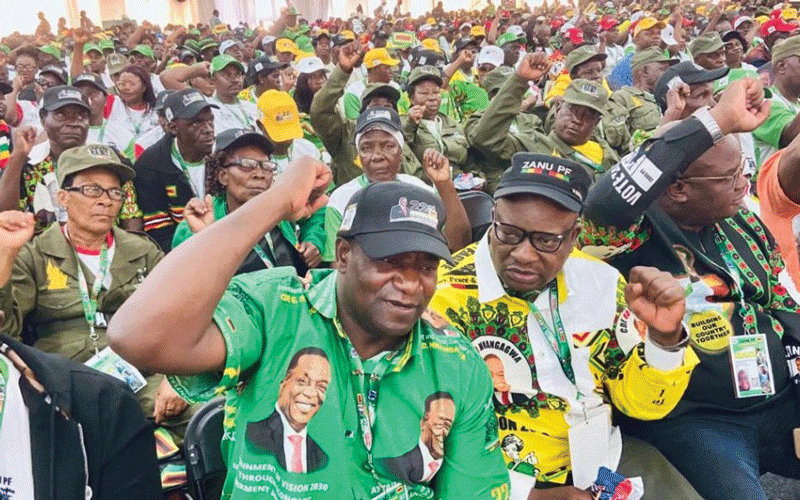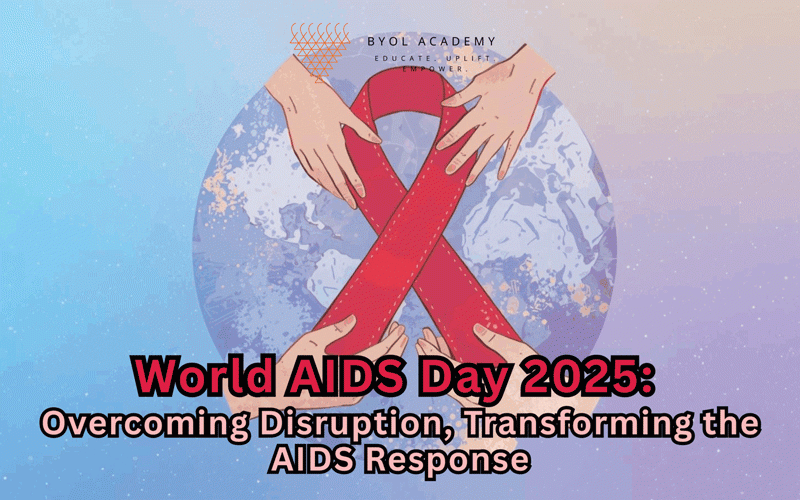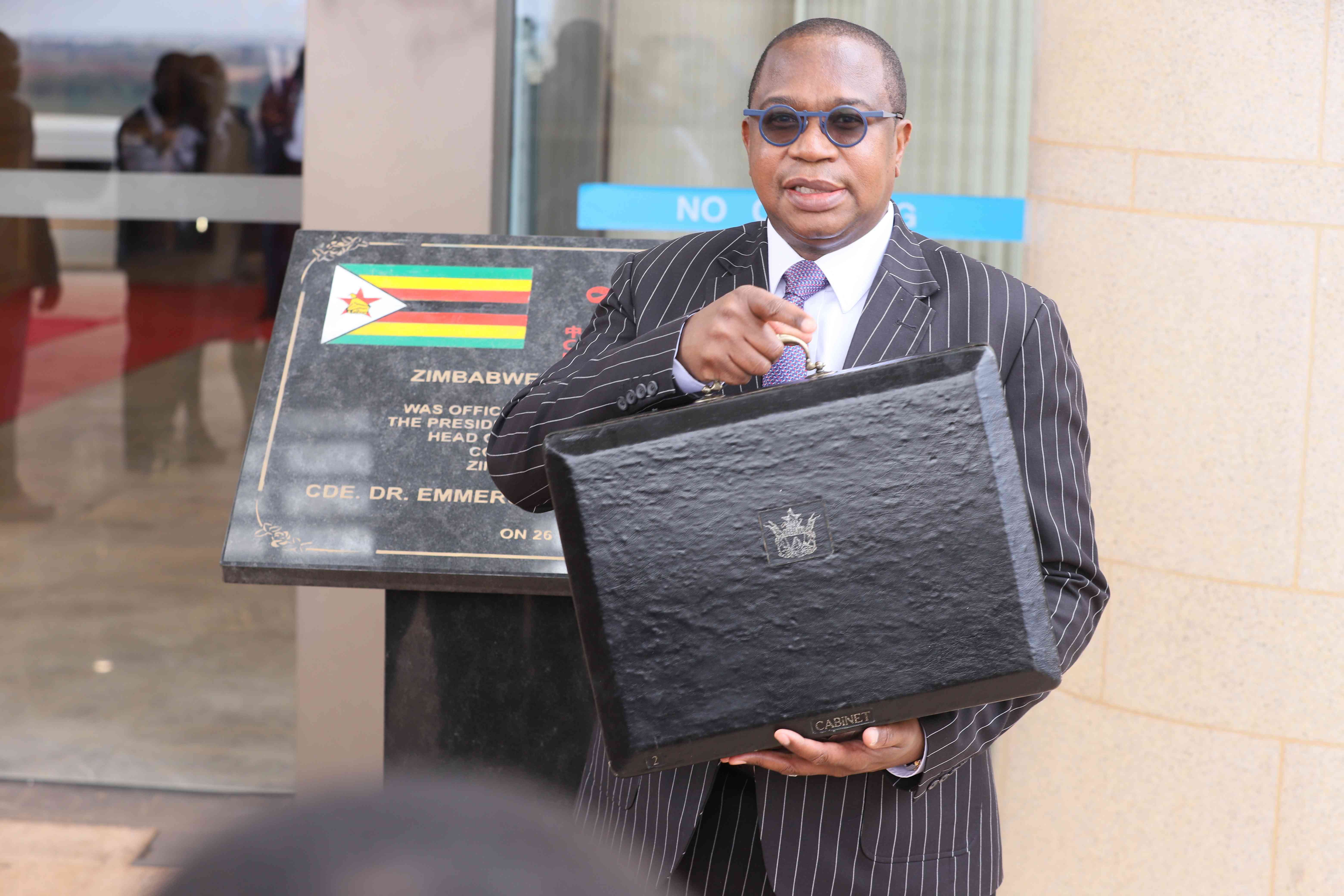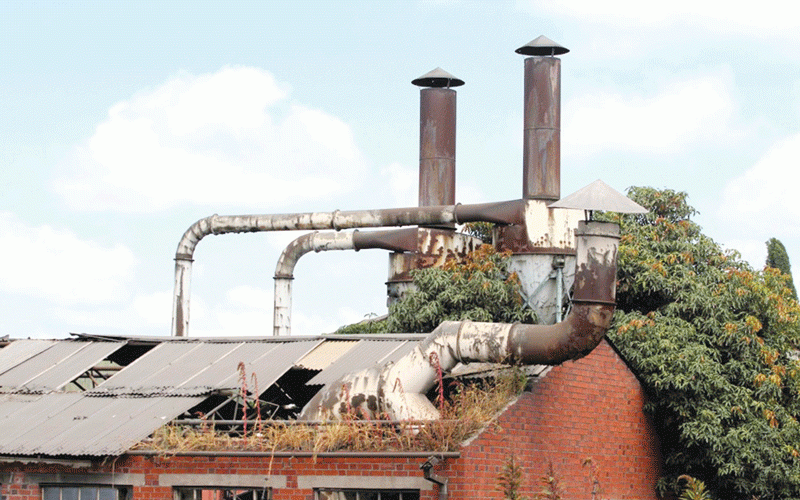
“A CONSTITUTION is not an act of government, but a people constituting a government. A government without a constitution is power without right,” wrote political philosopher Tom Paine.
His words ring hauntingly true for Zimbabwe today, especially in light of the recent Zanu PF conference resolutions calling for an amendment to the Constitution, effectively paving the way for President Emmerson Mnangagwa to extend his term of office to 2030.
If this proposed extension is, as reported, merely for two additional years, one must ask: why would anyone contest an election to serve such a truncated presidential term? That notion defies both legal and economic logic.
The implication is clear — the extension would sidestep the ballot box and, perhaps, the need for a referendum altogether. Yet Section 91(2) of the Constitution is unequivocal: “A person who has served as President for two terms, whether continuous or not, is disqualified from being elected again as President”.
The operative word here is “elected”. What happens, then, if the incumbent is not elected? It appears Zanu PF may attempt to reinterpret this clause and exploit legal loopholes to secure a continuation of Mnangagwa’s rule without the people’s direct mandate.
From Independence in 1980, successive Zanu PF governments have ensured that the law bends to political expediency, especially in matters concerning power retention and control over national resources.
The 2013 Constitution, hailed as a product of broad national consensus, has already been diluted through Amendments No. 1 and 2, which made sweeping changes with far-reaching consequences for governance and the rule of law.
One of the most consequential was Amendment No. 1 of 2017, which altered the appointment and tenure of the Prosecutor-General, judges and the Chief Justice. It also raised the retirement age for top judges, a seemingly administrative change that could now prove decisive.
- Commodity price boom buoys GB
- ED’s influence will take generations to erase
- ‘Govt spineless on wetland land barons’
- Govt under attack over banks lending ban
Keep Reading
Chief Justice Luke Malaba, whose own tenure was controversially extended under this provision, will preside over any legal challenge relating to attempts to extend Mnangagwa’s presidency beyond 2028. Poetic irony, perhaps, but also a grave institutional test!
This issue will again test not only the judiciary’s independence but also the integrity of Zimbabwe’s democratic institutions. The precedent was set in the landmark case of Musa Kika v minister of justice, where the court warned that judicial independence would be fatally compromised if judges were seen as lobbying for term extensions.
“Public confidence in the independence of the judiciary would be severely undermined if there was a belief or even suspicion that the judiciary or members thereof are, like nocturnal spooks acting under cover of darkness, knocking on the doors of the executive and legislative arms of government begging or lobbying for extension of their terms of office,” the bench cautioned.
“This is the reason why there is a need for certainty regarding the tenure of office of judicial officers to dispel any thinking that they behave in a certain way to gain favorable constitutional amendments.
“To guard against a subtraction from the founding values and principles, including the independence of the judiciary, the court must embrace substantive reasoning, an interpretive model that gives substance to those values and principles, and eschew legal sophistry that narrows the meaning of these values.”
Zimbabwe is, at least on paper, a constitutional democracy. This means all laws and state actions must withstand the test of constitutionality.
As Paine observed, government power derives from the people’s consent — not the other way around. Zimbabwe’s courts have echoed this principle, stressing that Parliament itself cannot violate the Constitution.
In the Kika case, the court reaffirmed that any change extending the term of public office must go through the rigorous process laid out in Section 328, including a referendum.
This is the essence of constitutional supremacy, the idea that the Constitution, not Parliament, is the ultimate measure of legality.
Under parliamentary sovereignty, as in Britain, Parliament is supreme and its laws cannot be questioned. But Zimbabwe’s system is different. Section 3 of the Constitution enshrines the separation of powers, giving the judiciary the final word on the interpretation of the law.
Zanu PF, however, has a long history of subverting this principle. The late former president Robert Mugabe began the tradition of amendments to consolidate power.
As early as 1984, Amendment No. 4 expanded the prime minister’s authority at the expense of the presidency, allowing Mugabe to control key appointments.
As constitutional lawyer Lovemore Madhuku notes: “The net effect of the prime minister’s direct involvement in almost all key appointments to state institutions was to concentrate immense powers in one person.”
The framers of the 2013 Constitution sought to prevent precisely this, embedding safeguards around term limits and the Bill of Rights. But the new Zanu PF resolution threatens to undo those protections, testing not only the Constitution’s resilience but also the independence of the judiciary, which many fear has been increasingly captured by the state.
United States Supreme Court Chief Justice John Marshall once observed: “The purpose of a written constitution is to outline and limit the powers of the legislature and other branches of government.”
To allow those same branches to exceed those limits, he warned, would render the Constitution meaningless.
“Its principles are fundamental, and there can be no point in framing a constitution if the legislature could exceed the limits of the constitution,” he stated.
Zanu PF’s latest maneuver thus poses a defining question: will Zimbabwe remain a constitutional democracy, or will it slide further into rule by decree? The attempt to extend President Mnangagwa’s term is more than a political issue, it is a litmus test for the strength of our democratic institutions and the will of the people.
Mhlanga is a law student at the University of Zimbabwe.











